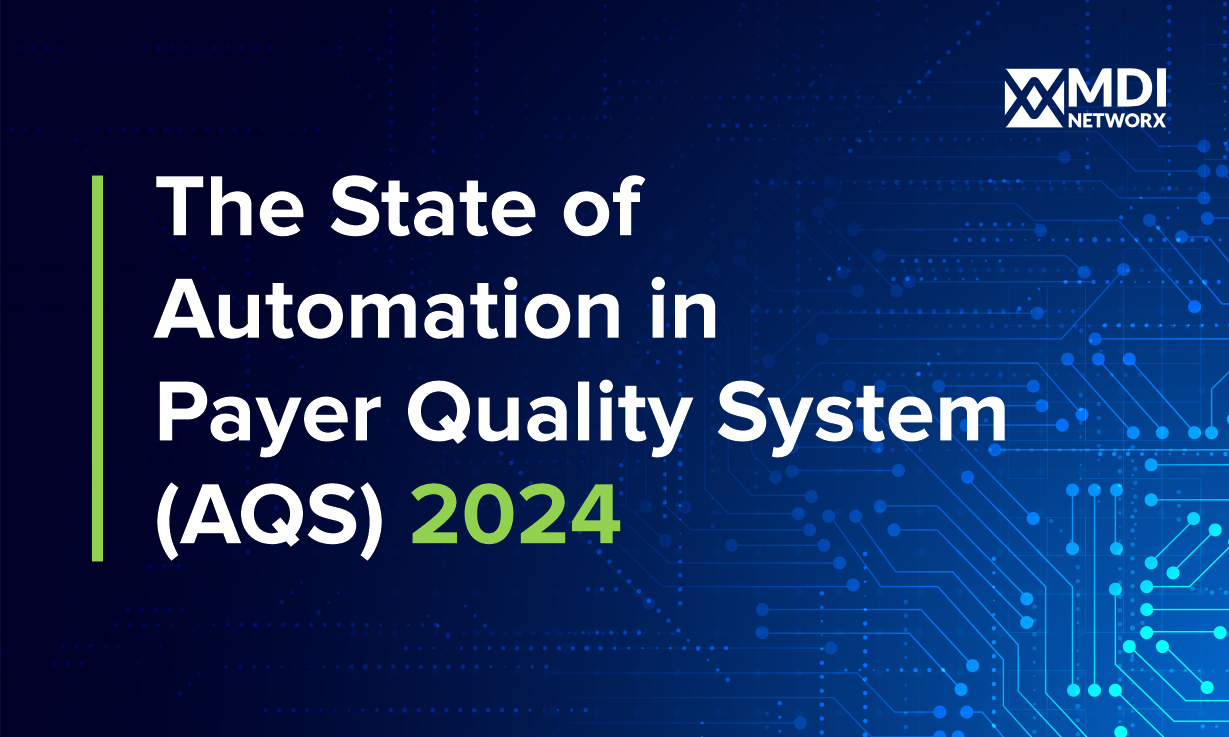Staying compliant in 2025 is no longer a differentiator. It is to be expected. How they use compliance data to fuel operational precision sets leading payers apart. With changing rules and increasing auditor scrutiny, the most successful health plans are shifting away from reactive QA strategies to proactive, precision-first strategies. It is not just about penalty avoidance, but about increasing performance, reducing leakage, and improving enterprise-wide accuracy.
Rules Are Accelerating Faster Than Traditional QA Can Catch Up
Compliance rules are becoming more dynamic, state-specific, and frequent than ever. Static audit plans and retrospective sampling are behind the curve. By the time traditional audits locate the issues, the effect has already spread. This usually manifests as rework, late payment, or repeated provider error.
Organizations based solely on rigid schedules and older tracking approaches are rapidly becoming vulnerable. Today's auditing landscape calls for faster insight and closer response loops.
Accuracy Starts with Intelligent Rule Engines
Today, modern QA methodologies include intelligent rules engines that utilize advanced logic in real time. These systems are more than simple checks; they evaluate claims based on numerous layers of criteria, including payer policy, CMS updates, contract intricacies, and developing patterns.
Instead of trusting human intuition, these engines identify potential edge cases ahead of time, flag high-priority reviews, and enable teams to concentrate on the exceptions that have the most significant impact. This isn't just about compliance. It is about proactive control.
Refutation Optimization is an Untapped Resource. For most payers, rebuttals are simply an administrative step, documented, answered, and set aside.
However, high-performance QA programs are employing rebuttals as a source of intelligence. By examining patterns, resolution rates, and root causes, teams are able to hone audit logic, re-tune scoring, and recognize examiners' needs for training before common issues arise. It converts static documentation to dynamic feedback that promotes accuracy and accountability.
Audit Automation Is Redefining Speed of Decisions
Automation has revolutionized the scale and rhythm of QA activities. Auto-assignment, real-time scoring, and dashboard-level visibility are assisting teams in cutting audit cycles from weeks to days or even from days to hours. It is not a surface-level speed. This provides quicker feedback to the examiners, offers timely intervention, and prevents minor problems from turning into systemic issues.
Operationally, this results in fewer appeals, improved first-pass accuracy, and faster resolution overall.
Precision QA as a Strategic Lever
The transition from compliance to precision is not merely an operational improvement. It is a competitive strategy. Plans that embrace this model lower administrative friction, increase quality standards, and put QA at the center of their performance management. Accuracy is no longer a nicety. It is the differentiator that keeps payers ahead in an environment where compliance is already a given.





